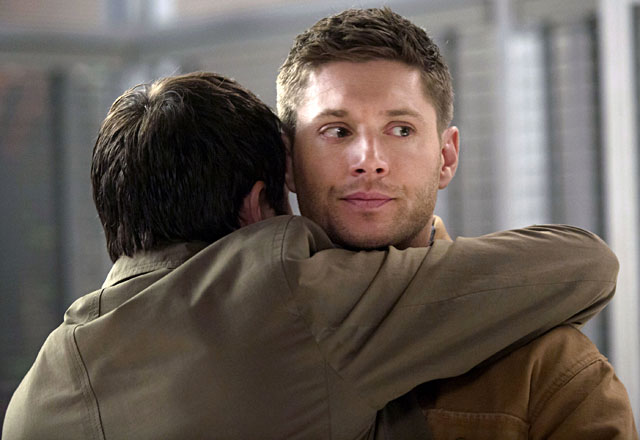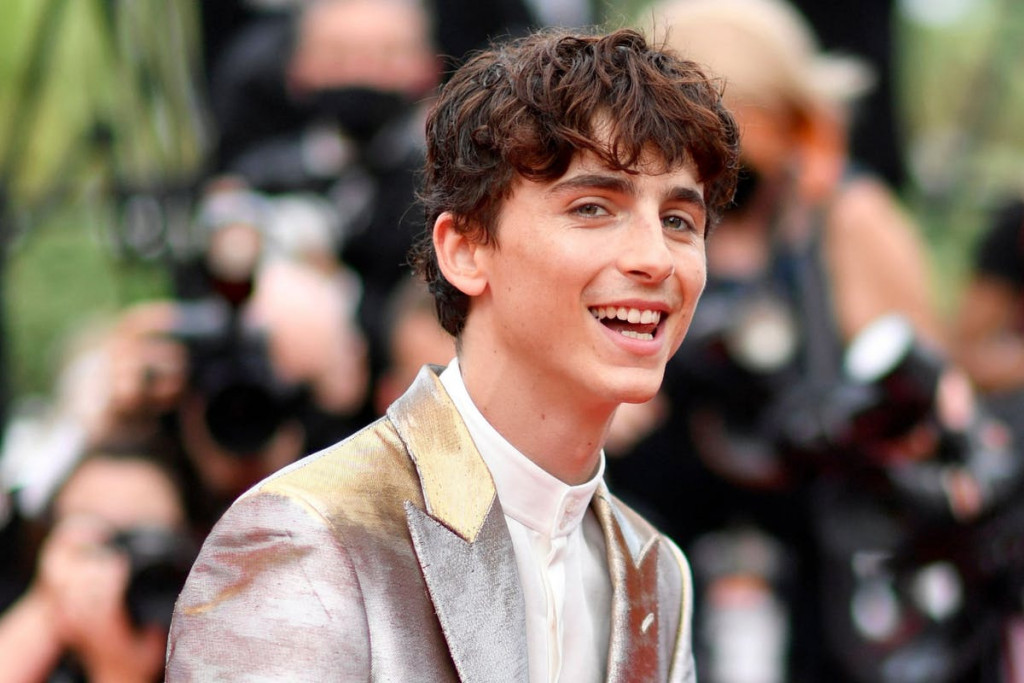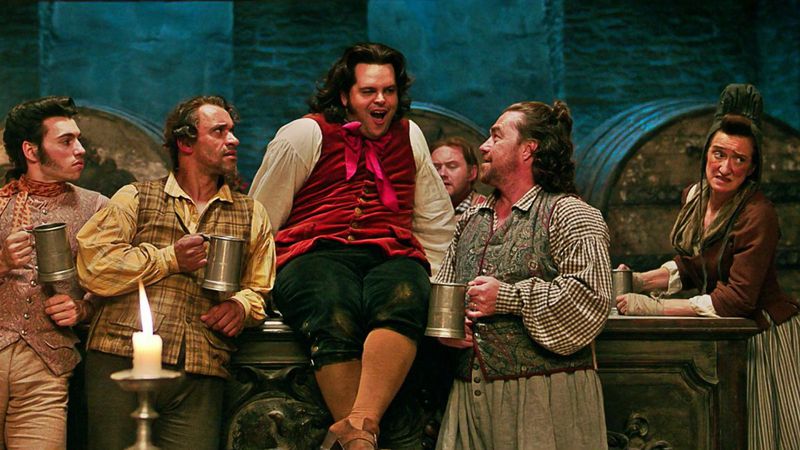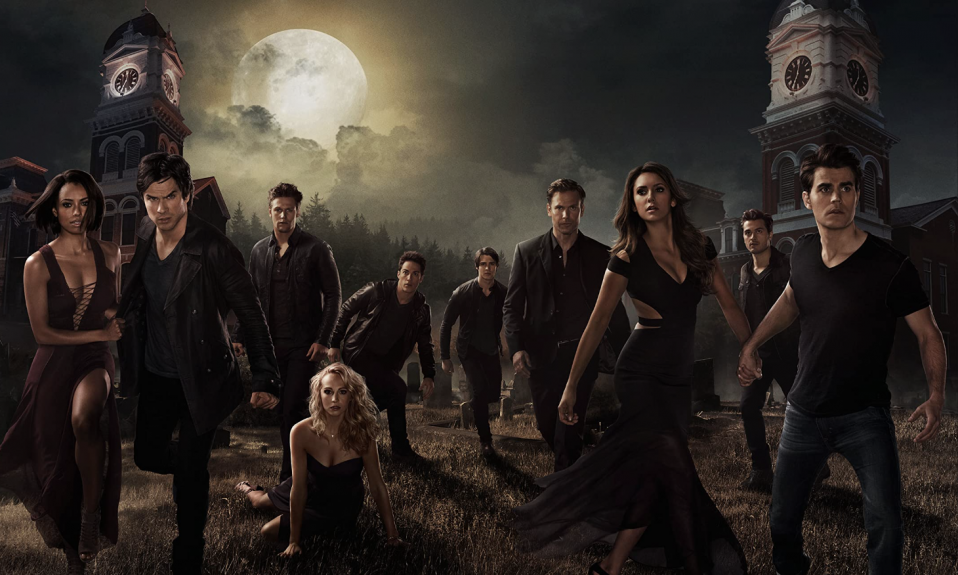About a month ago, Billie Eilish released the latest single off her upcoming album, Happier Than Ever. To promote it, she posted a series of screenshots and behind the scenes photos from the accompanying music video on Instagram with the caption “I love girls.” The images featured Eilish surrounded by her female dancers, all dressed in beige and denim, laughing, joking, and hugging each other. Some fans took this as Eilish connecting herself with the LGBTQ+ community, and thus accusations of “queerbaiting” began to file in. People claimed Eilish was using a lesbian aesthetic to sell her music, while others thought that if she was actually queer, she should be more forthcoming about it, as though she owed it to her fans. Eilish, cleverly, chose not to respond to the supposed “controversy” drummed up by the online press. Still, it didn’t stop the conversation around that specific term, “queerbaiting”, being opened up yet again.
The phrase “queerbaiting” dates back to the 1990s, as a variation on the term “race-baiting”, which alluded to politicians, specifically, who were accused of saying deliberately inflammatory things about a particular group as a way of attempting to undermine certain political messages or ideologies. The idea here was to hope those who were “baited” would react in a way that could then be used to further push a message that certain ideas or opponents were too emotional, unprofessional, or reactionary. In this original form, queer theorists discussed situations in which politicians would try to use suggestions of queerness as a synonym for weakness, perversion, or being untrustworthy.

Cut to the early 2010s, when users on Tumblr began to repurpose the phrase in a different context, thinking of the term “baited” as if it were like a fisherman applying a worm to a hook. To them, to be baited was to be tricked, to be lead to believe that queerness was present in the media they consumed without it ever being confirmed. It was no longer an accusation thrown at someone; instead, it was a suggestion that appeared in TV shows such as Sherlock, Supernatural, and Teen Wolf. Fans searched for hints of a relationship between Sherlock and his right-hand man John Watson and picked up on other characters suggesting Sherlock’s sexuality was something other than straight. Meanwhile, a quick search for the terms ‘Supernatural’ and ‘gay’ on YouTube brings up numerous videos with titles like “Dean Winchester being a disaster bi” or Dean and another character, Castiel, being “boyfriends for 20 minutes”. The character of Stiles Stilinski on the MTV show Teen Wolf courted the edges of confirmed queerness with throwaway lines and suggestive looks. I didn’t watch any of these shows back then, but looking at the compilations put together by fans, it’s easy to see where the annoyance stemmed from. It may be too much to connect it with another modish phrase of the past decade, “gaslighting”, but its effects are similar. Fans online drove themselves crazy trying to prove two dudes were boning, and the creators of those shows fed into it in an effort to have their cake and eat it too.
Two weeks ago, I wrote a column about films and TV shows that people read as queer without the creators intending it. Here, the creators of the shows in question heavily leaned into their fans’ queer readings and deliberately built them up in the hopes they could retain that loyal queer fanbase, the one that would make GIF-sets and publish fanfiction online, whilst not isolating the casual straight viewer who bulked out the ratings.

In 2021, the term has moved further still from its original or even updated meaning. It has taken on life as a catch-all term for anything that might be disingenuously marketed towards a queer audience or anything that attempts to engage in any kind of queer aesthetic. For example, the actor and singer Nick Jonas was accused of queerbaiting by making appearances in gay bars to promote his music while playing a gay role on the short-lived boxing drama Kingdom. Beyond that, several other male celebrities such as Harry Styles and Timotheé Chalamet were accused of queerbaiting when they attempted to play with gender, mixing up what they wore on the red carpet, painting their nails, or generally doing anything to stray away from a classically heteromasculine look. It didn’t seem to matter, for the most part, that these stylistic shifts were relatively low stakes. Female artists, like, most recently, Olivia Rodrigo, are accused too if they appear intimate with friends or dancers. Artists who keep their sexuality or identity close to their chest are accused of being too vague, and of “baiting” queer fans by not giving them what they believe they are entitled to: confirmation. Those throwing the accusations don’t seem able to fathom that queerness is not always fixed, nor is it a commodity owned by a specific group.
In this way, the term has become a tool for cultural gatekeeping by queers, one that only allows those who are explicitly queer to mitigate who gets to be queer and how. It makes sense that, after going through often complex journeys to come to terms with their identity, a queer audience would feel protective over what they have found and would be defensive if they think it’s being exploited. However, this approach suggests that queerbaiting is akin to a quasi-form of cultural appropriation as if those who exist within the queer community share a single cultural heritage. In actuality, queerness is broader than these accusations give it credit for, and this approach reinforces outdated ideas that labels can adequately describe sexuality. When fans get angry that Billie Eilish claims she likes girls without explicitly stating whether that is as a lesbian or bisexual etc., they are erasing any opportunity for people, like me or you, to exist in the middle, to float between things in a way that feels natural and, most importantly, without definition.

Still, beyond specific stars, the term has been launched at film studios too. Specifically, Disney, who offered an “exclusively gay moment” in their updated version of Beauty and the Beast only for it to be, unsurprisingly, a blink-and-you’ll-miss-it embrace. They continued on this path with the first “openly gay” character in the MCU being an unnamed man at a group therapy session and then boasting about a lesbian kiss in the background of The Rise of Skywalker. Fans accused the Mouse House of luring queer audiences in with these announcements, taking their money, and then, when they were sitting in the cinema, they realised, like the fish with its mouth around the hook, they’d been tricked and were about to become dinner.
Perhaps it doesn’t feel right that multi-million dollar corporations are tricking you into seeing a film or watching a show, but that doesn’t mean that queerbaiting is the problem. The issue, instead, sits with how much we are willing to let large companies dictate to us how we should see ourselves. What seems like a more worthy cause would be dismantling the structures that aid this type of behaviour by refusing to take heed of studios like Disney, who, by their own lexicon, are more interested in content and consumers than making any strides towards queer art or representation.
At the root of the unease around alleged queerbaiting is actually a disdain for the capitalist courting the “pink pound”, the longstanding spending power of queer folk. Specifically, as far back as the 1980s, companies have sought to target the wallets of middle-class white gay men and lesbians, who have, historically, had a more considerable expendable income. Look at the longevity of the careers of artists like Madonna, Cher, or Kylie Minogue, which have been bolstered substantially by their queer fans. Where there is money to spent, capitalism will find it. Yet what makes those fans consider themselves “baited” is that the things they’re convinced to spend their money on, such as those aforementioned movies, don’t adequately include them. Perhaps the outrage that follows is more a person’s manifestation of humiliation that they ever let themselves believe a multi-million dollar company would offer them anything different.
Also Read: How FIlm Changed Me: On Things That Seem Gay (But Aren’t)













